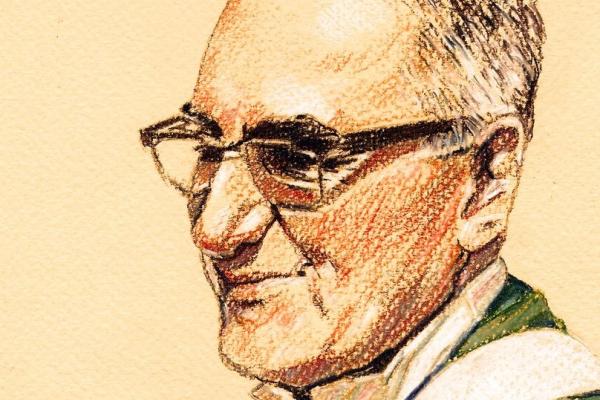May 19, 2015
Central America needs help expanding education opportunities, building child welfare systems, and sheltering victims of violence and witnesses to crime. But none of these reforms can be sustained unless Central American governments also work to eradicate corruption and reform their judicial systems.
As Romero said during a time of similar urgency, “On this point there is no possible neutrality. We either serve the life of Salvadorans or we are accomplices in their death. … We either believe in a God of life or we serve the idols of death.”
Read the Full Article

Already a subscriber? Login
